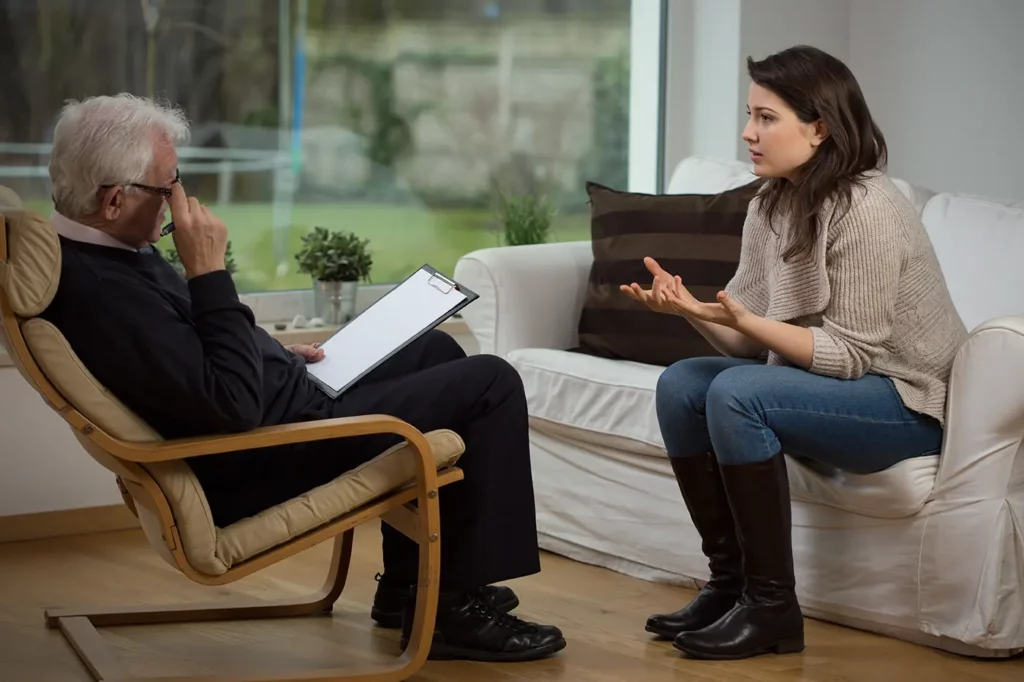24/7 Helpline:
(866) 899-221924/7 Helpline:
(866) 899-2219
Learn more about PTSD Rehab centers in Alturas
PTSD Rehab in Other Cities

Other Insurance Options

Magellan Health

Cigna

Health Net

UnitedHealth Group

GEHA

Ceridian

Premera

Absolute Total Care

CareSource

Multiplan

Kaiser Permanente
Beacon

CareFirst

Anthem

Optima

Health Choice

Excellus

UMR

State Farm

Sutter

Modoc County Alcohol and Drug Services
Modoc County Alcohol and Drug Services is a public rehab located in Alturas, California. Modoc Count...




Alliance Counseling – The Center
Alliance Counseling – The Center is a private rehab located in Canby, Oregon. Alliance Counseling – ...








































































